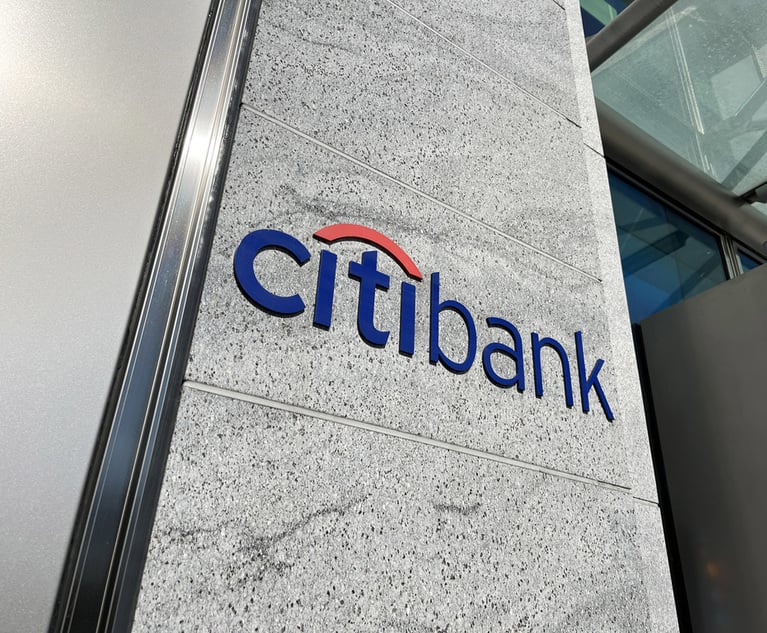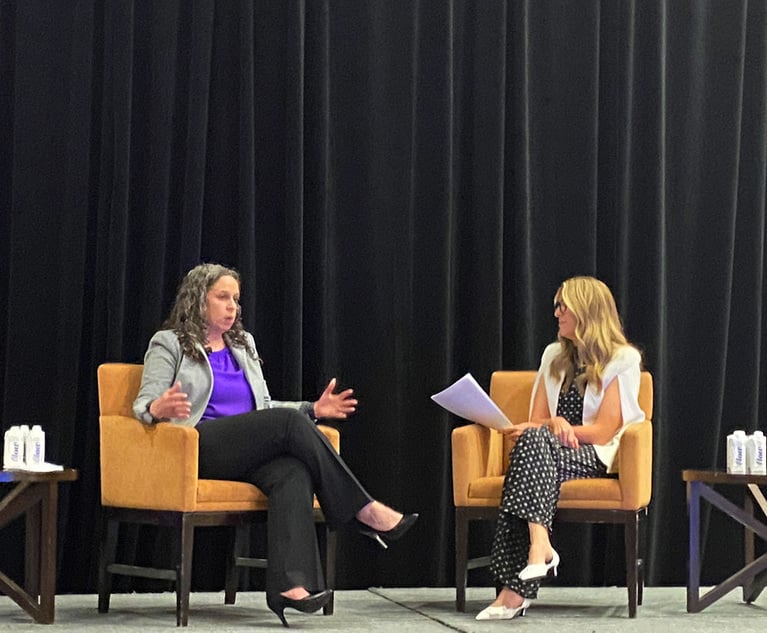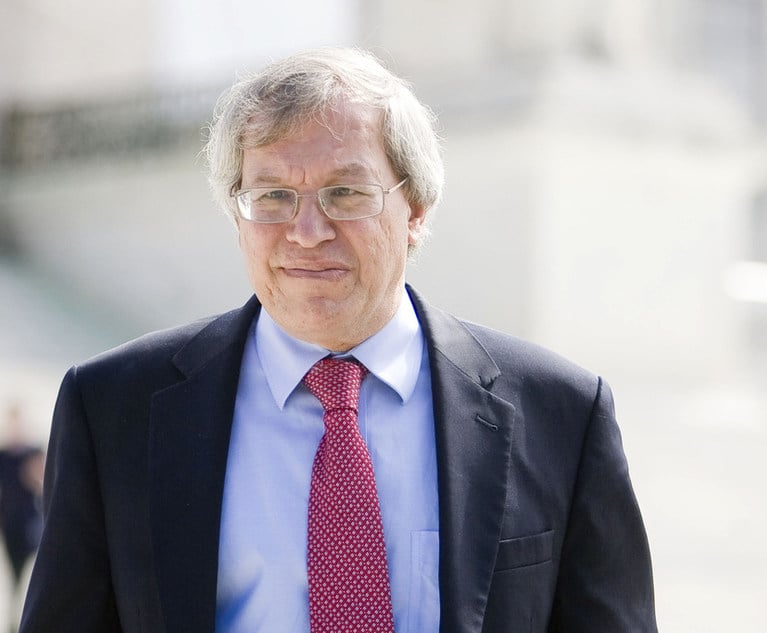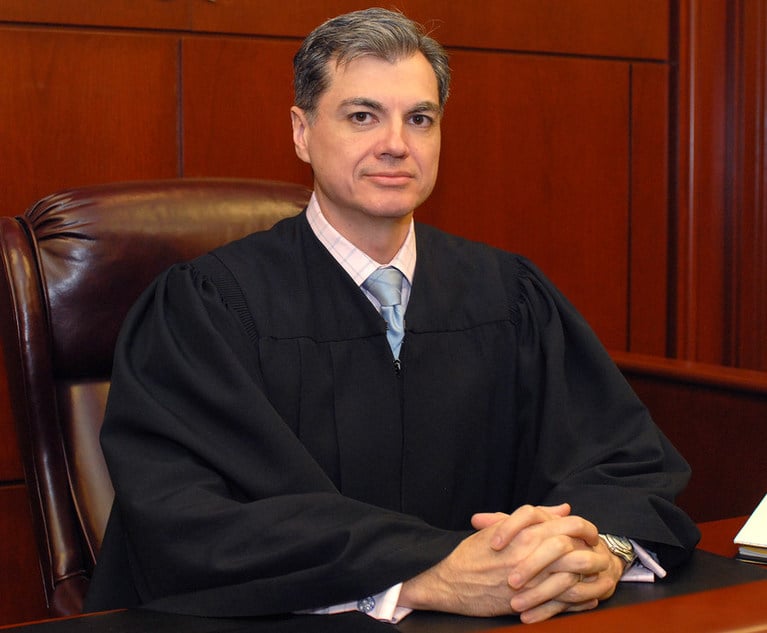Allowing this year’s law graduates to skip the bar exam amid the coronavirus pandemic risks unleashing unqualified new lawyers on the public and hobbling law school accreditation efforts, according to the group that designs the test.
The National Conference of Bar Examiners is pushing back against calls for emergency diploma privileges in a white paper released April 9 to courts and state bar examiners, arguing that the licensing exam ensures new lawyers meet a minimum standard of competence and should not be elbowed aside because of the virus outbreak.
Jurisdictions across the country are grappling with the July bar exam and whether it will be possible to administer the test safely. Licensing exams for doctors and nurses are not being waived due to COVID-19, the national conference’s paper notes, although those exams are being delayed or delivered in alternative ways.
“There are good reasons the jurisdictions have relied upon the bar exam for decades as a fair, objective, valid, and efficient method for making licensing decisions, rather than relying upon diploma privilege,” reads the white paper, which is titled “Bar Admissions During the COVID-19 Pandemic: Evaluating Options For the Class of 2020.” “Those reasons are still compelling in the face of the current crisis.”
It’s not surprising that the NCBE is against eliminating the test for admission. Developing the exam is the core function of the organization, which has nearly 100 employees and reported $26.6 million in revenue in 2018, according to tax filings. Still, its white paper lays out the protections to the public that would be compromised without requiring the test for would-be lawyers.
A growing number of jurisdictions have announced that they are postponing the July bar into the fall or to an unspecified date, including New York, New Jersey, Connecticut, Massachusetts and Washington, D.C. And more jurisdictions have said they are extending the supervised practice programs that allow law students to represent clients in clinics and under the watch of a licensed attorney until upcoming law graduates have the chance to sit for the bar.
But only one jurisdiction—Utah—has thus far indicated that it plans to move forward with an emergency diploma privilege that would allow recent graduates to be admitted to the bar without sitting for the licensing exam.
The Utah Supreme Court last week issued a proposed order under which certain 2020 law graduates could skip the bar exam. To qualify, they must graduate from a law school with a first-time pass rate on the July 2019 bar exam of 86% or higher; they must have been registered for the July exam in Utah by April 1; and they must complete 360 hours of supervised practice under the observation of a Utah-licensed attorney by the end of 2020. If they meet all those criteria, they can be fully admitted to practice in the state.
The Utah proposal, which may be officially adopted this week, could pave the way for other jurisdictions to adopt such diploma privilege—a program Wisconsin has had for decades that allows graduates of the state’s two American Bar Association-accredited to skip the bar exam.
Graduating law students in many jurisdictions have also have banded together to lobby courts and attorney licensing entities to allow them to bypass the exam this year, arguing that it may not be safe to take the test for many months and that licensing delays will be a major financial and psychological blow. The flow of new lawyers into practice is also key to addressing access to justice issues and the legal needs of those impacted by the coronavirus, the students have argued in letters and petitions.
But the National Conference of Bar Examiners’ paper lays out numerous arguments against diploma privilege, most notably that requiring lawyers to pass the exam serves an important consumer protection function and ensures new lawyers have a minimum level of competence.
Elizabeth Kronk Warner, dean of the University of Utah S.J. Quinney College of Law, said in an interview Monday that she thinks concerns over lawyer competency and public protection are misguided. Warner and Brigham Young University J. Reuben Clark Law School Dean Gordon Smith are backing the Utah Supreme Court’s emergency diploma privilege proposal. Wisconsin has a lower rate of lawyer complaints than Utah, Warner said, despite the fact that it has diploma privilege and Utah—up to this point—has required law graduates to take the bar exam. The proposal’s requirement that graduates complete 360 hours of supervised work before they are admitted is another safeguard that could produce more ethically sound lawyers than the bar exam alone, she added.
“I’m confident that, first off, our students are competent upon graduation,” Warner said. “That, combined with the fact that they are going to be doing 360 supervised hours with licensed attorneys, means that the public will be well protected.”
Ditching the bar exam amid the pandemic would potentially create other problems, according to the national conference’s white paper. Bar exam pass rates are a key component in the ABA’s oversight of law schools, it notes. One way the ABA determines whether a school is meeting its accreditation standards for a quality program is if at least 75% of its graduates pass the bar exam within two years. Without that standardized bar pass rate metric, it becomes more difficult to determine the quality of the education law schools are offering, according to the paper.
Diploma privileges also limit the mobility of new lawyers, since they are licensed only in that specific jurisdiction. By contrast, new lawyers who take the Uniform Bar Exam can transfer those scores to any of the 36 jurisdictions that used the UBE, the paper notes.
Instead of adopting diploma privileges, jurisdictions should look to temporary supervised practice provisions that allow law graduates to practice until they can take the test, the paper argues. The ABA’s Board of Governors has also endorsed the expansion of supervised practice provisions as an interim step. The national conference has said it will make a decision in early May about whether there is enough demand to offer the July bar. It has also committed to offering two additional bar exam dates in the fall—Sept. 9 and 10, and Sept. 30 and Oct. 1.
In the meantime, the national conference wrote that it is exploring the feasibility of delivering the bar exam remotely, and has exam security and technology experts exploring that option. But it cautioned that it will not rush into a decision about remote testing without ensuring that the exam can been given securely.
“We understand the urgency of the situation and the plight of 2020 law school graduates,” the white paper reads. “NCBE is actively exploring additional opportunities for them to become licensed in 2020.”
NOT FOR REPRINT
© 2024 ALM Global, LLC, All Rights Reserved. Request academic re-use from www.copyright.com. All other uses, submit a request to [email protected]. For more information visit Asset & Logo Licensing.


 Photo: Shutterstock
Photo: Shutterstock





